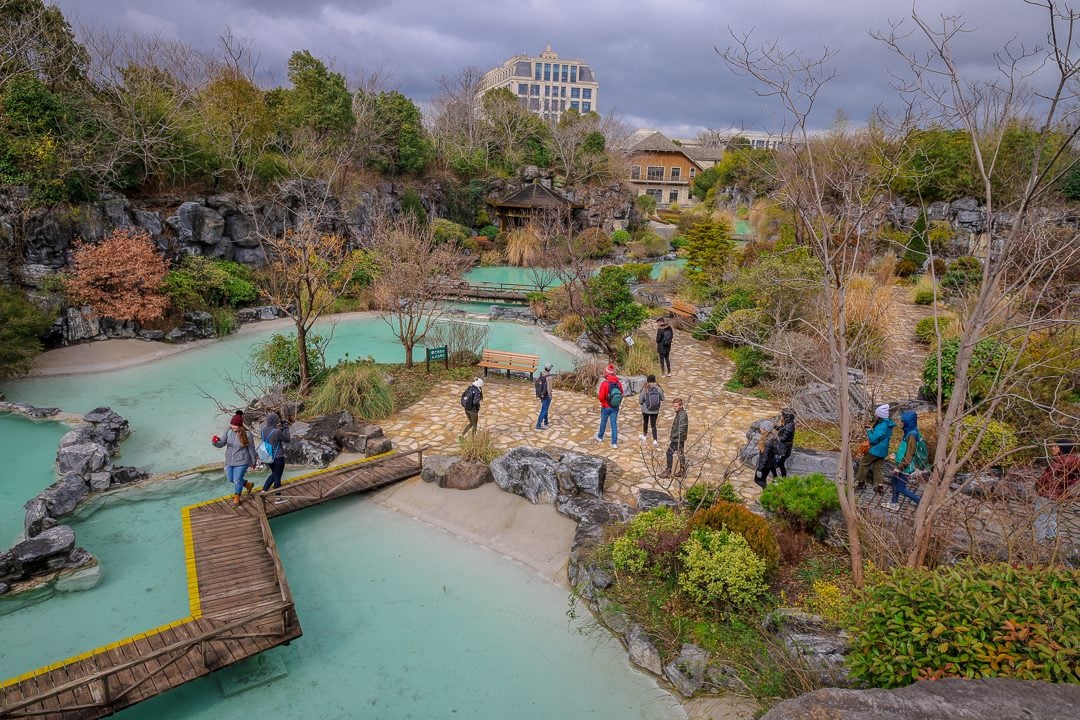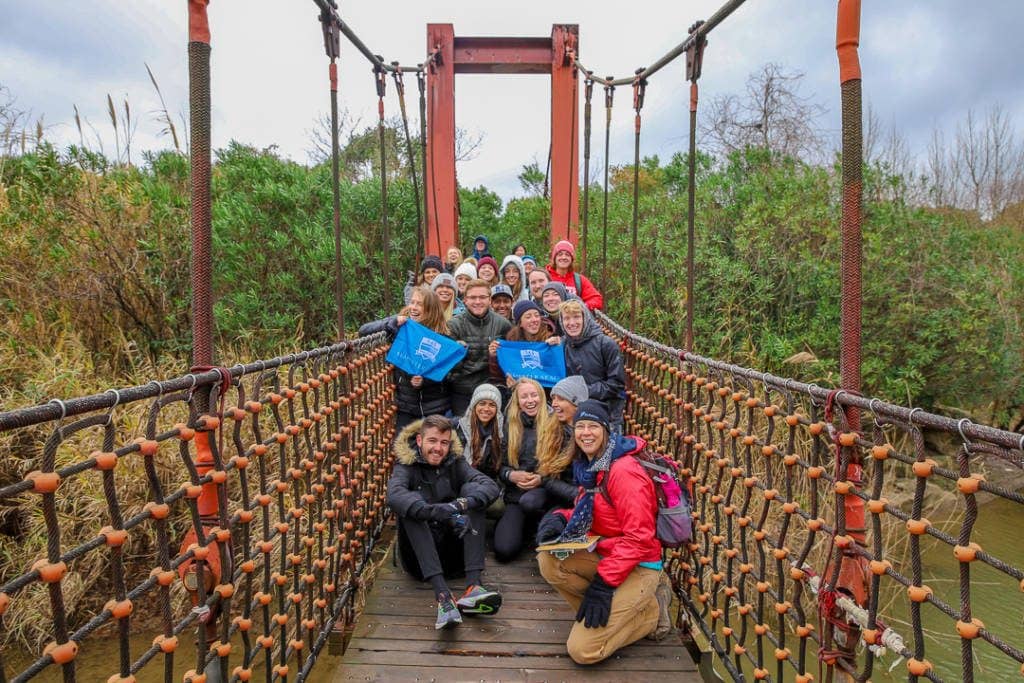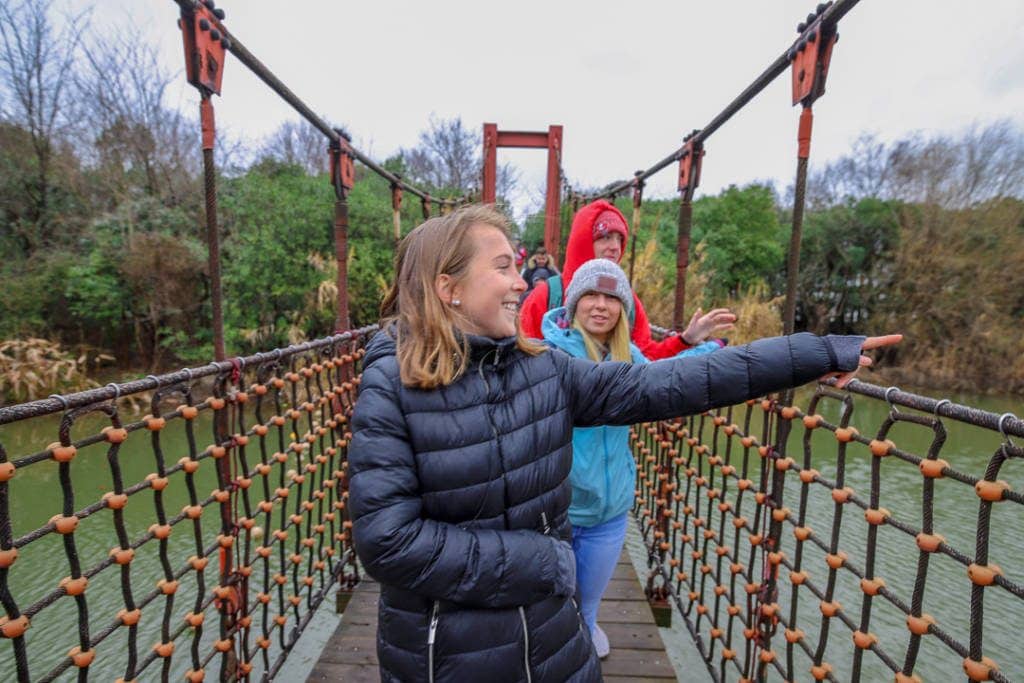The Yangtze River is one of the longest rivers in the world, running nearly 4,000 miles across mainland China, and serves as the primary food and transportation source for millions of Chinese people. The health of the river, its tributaries, and its wetland biodiversity has been a growing concern for local ecologists after major infrastructure projects such as the Three Gorges Dam have threatened the river’s ecosystem.
Students enrolled in Dr. Susan Sherrod’s Fundamentals of Ecology course analyzed the health of the Yangtze watershed and learned from a Nature Conservancy ecologist during their field class in Shanghai, China.
“My hope for this field class is for students to identify some of the key ecological concerns facing the river, such as pollution, invasive species, or over exploitation of resources,” said Dr. Sherrod. “We’ll be seeing the riparian ecosystem of the Yangtze and how humans interact with the river, which should be a really good observational opportunity.”
The day started with a visit to WuSong Pao Taiwan Wetland Forest National Park Reserve, approximately 45 minutes east of the Shanghai urban center. Spreading across nearly 120 hectares, the sprawling and well-maintained waterfront park sits at the mouth of the Yangtze River, serving as an excellent opportunity for students to witness biodiversity and ecology in action.
The hands-on experience was provided helpful context, according to Chandler Hamilton of Texas A&M University. “I’m not an ecology major so there are times in class when I’m really confused about what is going on, but this field class actually helped me understand what we’re learning. I’m a visual learner so I liked getting to see the wetlands in the park. It really helped me apply some of the information we’ve been talking about!”
Following the national park visit, students met with Luhong Wong, a Chinese ecologist from the Nature Conservancy, for an educational presentation regarding the Yangtze watershed. Mr. Wong lectured on the current health of the river and described the Yangtze’s decreasing biodiversity and degradation of fishery habitats as a deep concern.
After Mr. Wong’s presentation, students asked a range of questions about his time in the field and the current research projects that are underway at the Nature Conservancy.
Austin Trapnell of California Lutheran University said, “The lecture we received today was the most impactful part of the day for me. It was interesting to hear his vision of the Yangtze River. The Q&A taught me a lot, like that the government is focused on one thing but Luhong wants to take it a step further when it comes to conservation.”
Although there are many reasons for concern regarding the health of the Yangtze River, Mr. Wong also explained some of the hopeful conservation efforts that are currently in progress, such as China’s complete Yangtze fishing ban, which takes effect this year.
Lindsey Carlson of Rensselaer Polytechnic Institute reflected on a key takeaway from the field class. “In class, we often learn about the negative environmental impacts and challenges, which can be a little doom and gloom sometimes when it comes to global warming. But today, actually hearing about China’s fishing ban and the positive things that are happening around the world, it made it seem like change is possible. I think it will help change my perspective on the rest of the voyage moving forward.”





